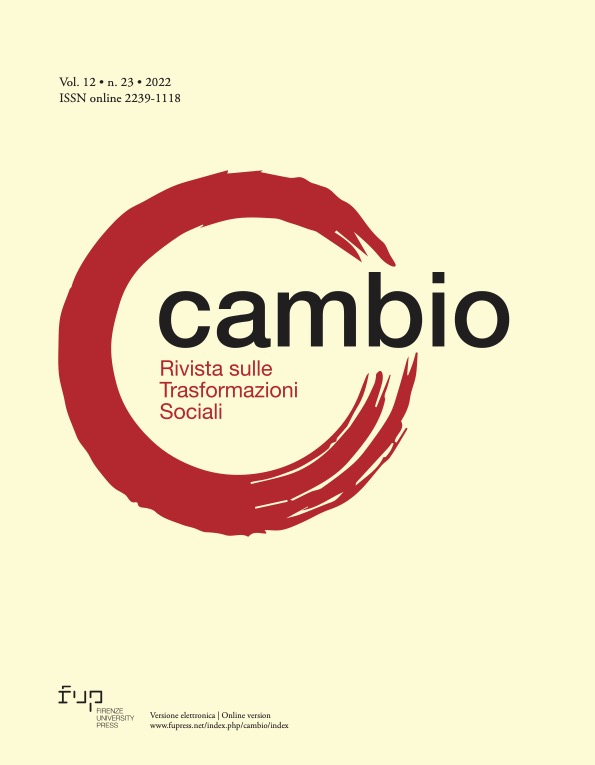Published 2022-12-06
Keywords
- financialization,
- food,
- food regimes,
- agricultural crises,
- world-ecology
How to Cite
Abstract
The paper explores the impact of finance’s penetration into agriculture and the global food system. The authors analyze the causes of the recent global food crises, unveiling the key role played by financial speculation and explaining why this phenomenon is likely to affect food security more than the problems related to the supply and demand dynamics taking place in the “real economy”. Financial markets, the authors argue, are engendering pricing mechanisms and dynamics of wealth distribution that have consequences on the agrarian structures, but also on everyday life of both producers and consumers. While creating new profit opportunities for speculators and the agribusiness, the penetration of finance into food systems increase uncertainty and imply new risks for local actors, to the point of compromising their capability to respond to exogenous shocks, such as the COVID-19 pandemic. In any case, to make sense of these phenomena they must be linked to the broader transformation of the global food system and to the long-term trajectories of capitalist development. This operation is here made with the support of the analytical tools provided by some approaches inspired by the world-system analysis, bringing to light the roots of what can be defined as a “financialized food regime” and discussing some of its important ecological and socio-economic contradictions.


